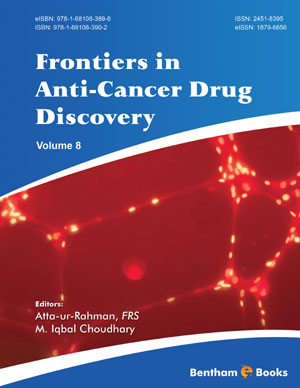Abstract
Hepatocellular carcinoma (HCC) is one of the leading causes of cancer related deaths worldwide, especially in Asia. Late diagnosis and/or underlying cirrhosis, and limited treatment options with marginal clinical benefit are the reasons for its dismal prognosis. Surgical resection and liver transplantation are curative treatment options but are suitable for patients with small tumours or well-compensated liver diseases. For patients with non-resectable HCC, treatment options include ablative and systemic therapies. However, the results are unsatisfactory with limited long-term survival. In the last few years there has been active research in the area of molecularly targeted agents for HCC including anti-angiogenic therapy, immunotherapy, antiviral therapy, and other agents targeting mammalian target of rapamycin (mTOR), and c-met among others. This chapter will look into current treatment options, discuss their advantages and disadvantages, as well as introduce new therapies that are under clinical investigation but not yet recommended by acceptable guidelines. Although there is tremendous research in progress, the treatment modalities offer limited survival benefit and thus the battle against HCC is far from over.
Keywords: Anti-angiogenic therapy, Antiviral therapy, Chemotherapy, c-Met inhibitors, Hepatocellular carcinoma, Immune based therapy, Local ablative therapy, mTOR inhibitors, Sorafenib, TACE.






















